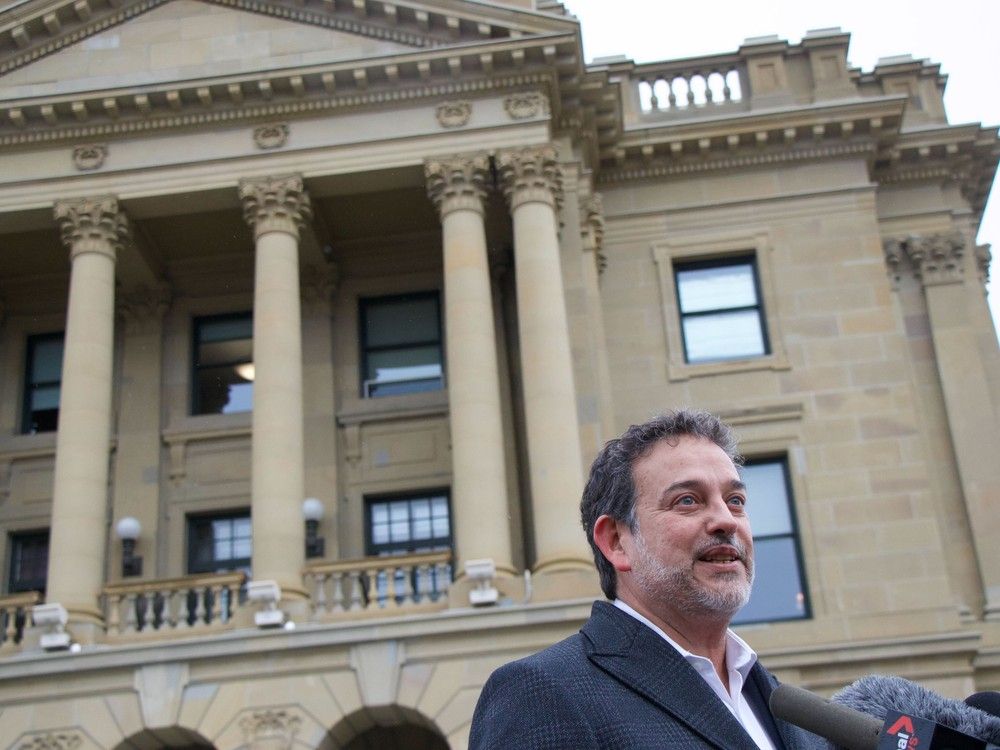The TPP fell apart, its successor harmed a lot of small businesses that mfg auto parts.
What? TPP is still in effect, in fact the UK joined in 2023 allowing us a free trade deal with the UK where we couldn't agree on one before.
As for auto part manufacturers, way country is harming Canadian auto workers?
Only two big auto makers out of the list, Australia, Brunei, Canada, Chile, Japan, Malaysia, Mexico, New Zealand, Peru, Singapore, Vietnam, and the United Kingdom, are Japan and Mexico. Mexico already has CUSMA, so Japan? I'm so confused. But yeah, a Trudeau deal, too bad.
CETA, if my memory serves, was initiated and approved by Stephen Harper long before Justin came on the scene.
Trade deals can take up to a decade to come to fruition but Freeland did some heavy lifting in Europe on CETA so no, Justin Trudeau gets credit for this one too.
But I will give you CUSMA so 3 out of 3 isn't bad.
Fixed that for you.
But the comment made wasn't about deal making it was all about jetting around the globe and having your picture taken and Justin was really good at that. He often skipped town when the pressure was on over one or more of his nefarious escapades and for that he wins the gold crown.
Be that as it may, he did get or finish 3 trade deals.
Now I am not saying at all that Carney is dodging bad publicity. Quite the contrary. He is using the aircraft as a backdrop to demonstrate how hard he is working for Canada. Most of the issues so far would have been initiated months ago, probably under Justin and are just now coming to fruition. Carney signs the paper and takes the bow just as Justin did for CETA.
Some things certainly, others are new. But what do we expect PMs to do? They continue on with what their predecessors got started, I stated as much in my earlier comment, Trudeau and Harper both worked on CETA.
On the flip side, when Carney or Trudeau get on a plan and lay the groundwork for a future deal, it gets called a nothing burger. Which, if those are nothing burgers, and only the big trade deals count, well, Trudeau was the one serving up all the big juicy burgers. Which sounds stupid, but that's the logic thats being presented.
Not saying it is wrong or bad but you have a habit of focusing on only part of the comments and ignoring the ones that maybe irritate a little bit which is too bad because you do have a lot to say
I learn from the best.
Many a time I put out a wall of text only for it to be snipped into one line or paragraph of response. When in Rome.



